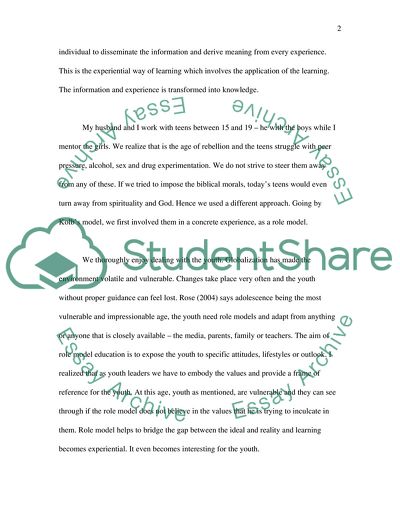Cite this document
(Ministering to Youth in a Changing Culture Assignment, n.d.)
Ministering to Youth in a Changing Culture Assignment. https://studentshare.org/sociology/1704926-youth-leader
Ministering to Youth in a Changing Culture Assignment. https://studentshare.org/sociology/1704926-youth-leader
(Ministering to Youth in a Changing Culture Assignment)
Ministering to Youth in a Changing Culture Assignment. https://studentshare.org/sociology/1704926-youth-leader.
Ministering to Youth in a Changing Culture Assignment. https://studentshare.org/sociology/1704926-youth-leader.
“Ministering to Youth in a Changing Culture Assignment”. https://studentshare.org/sociology/1704926-youth-leader.


